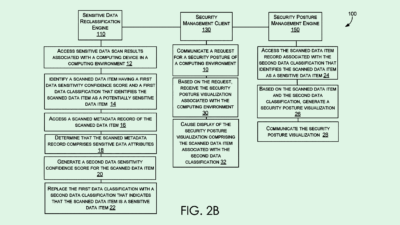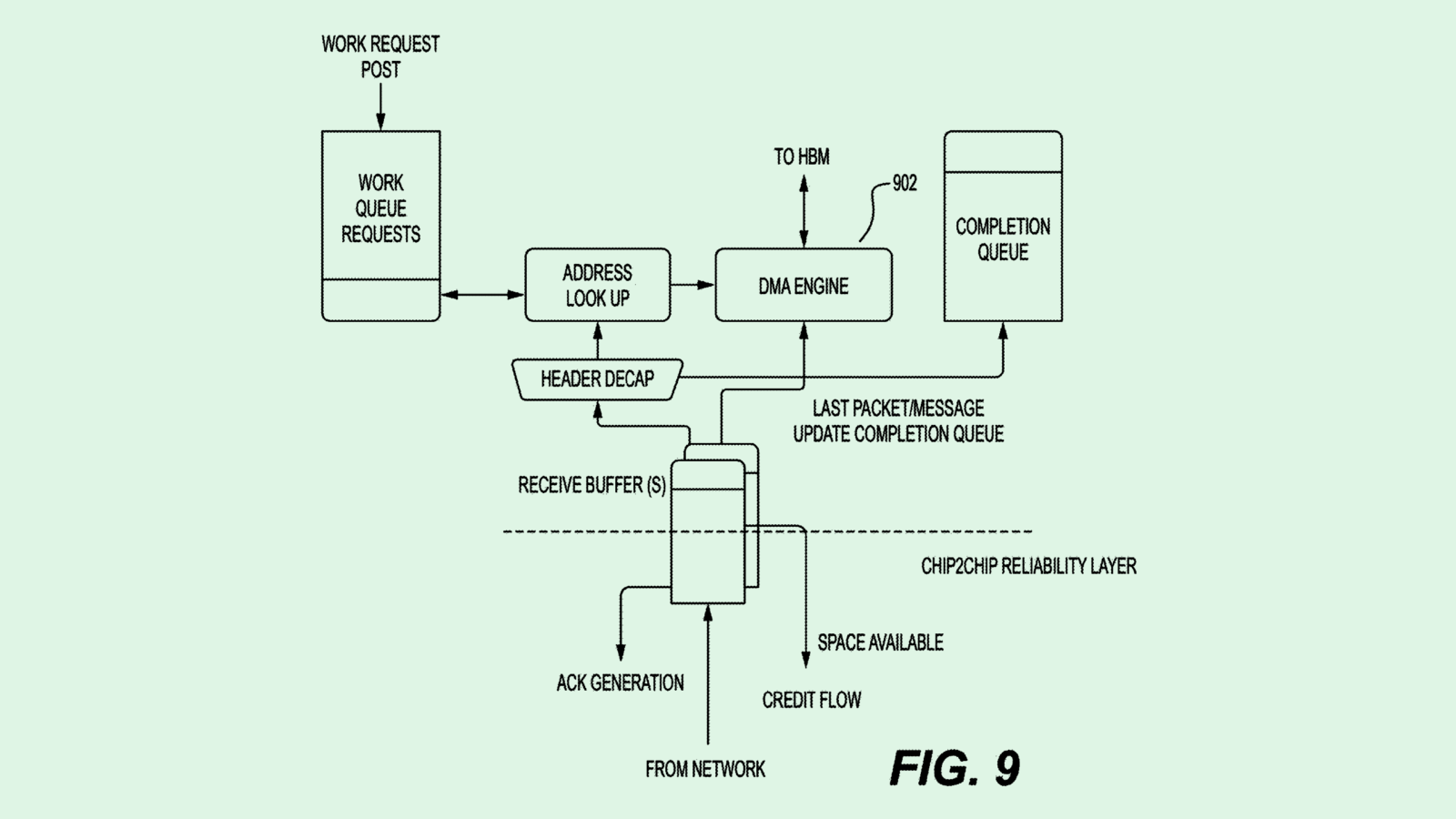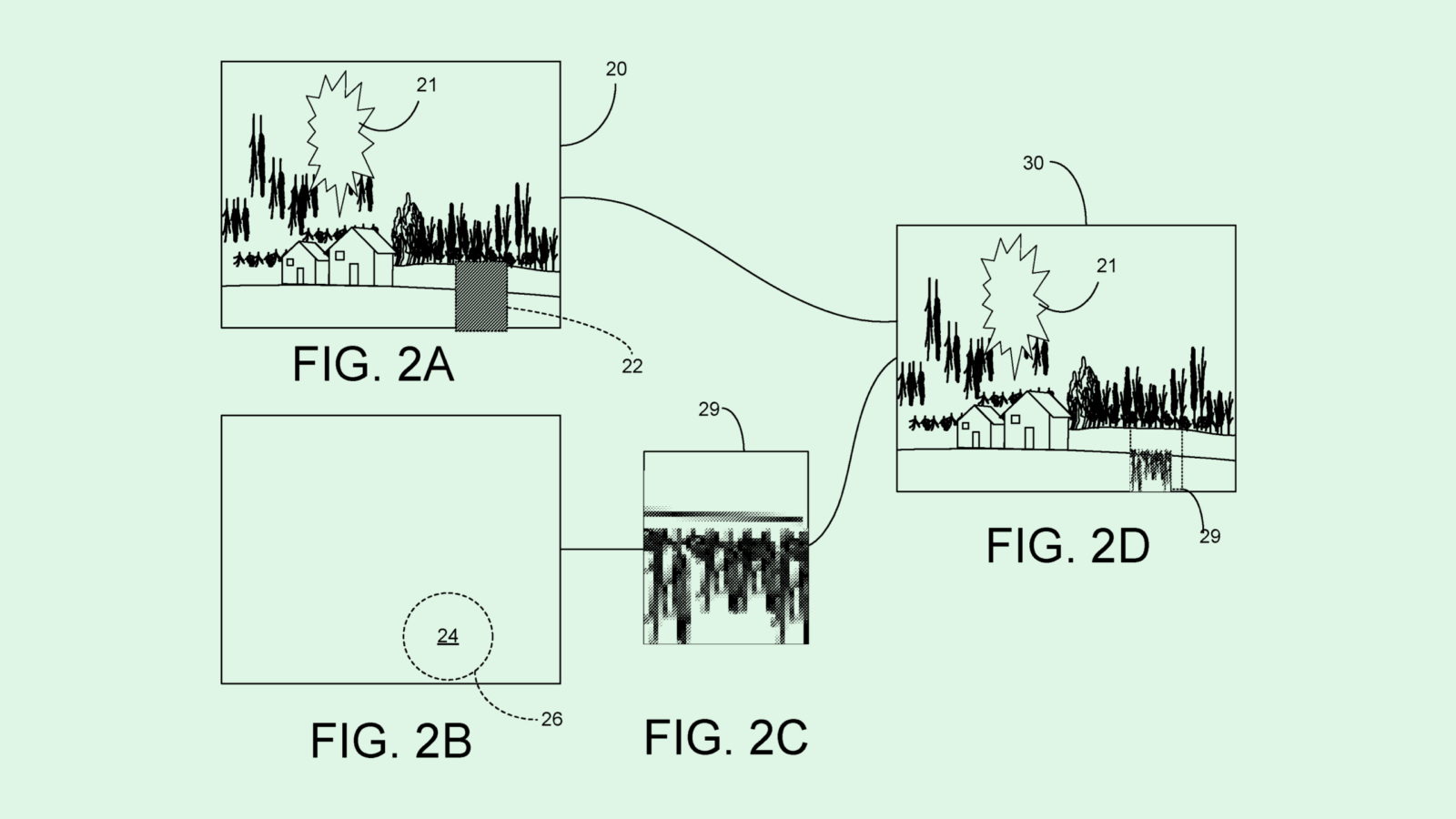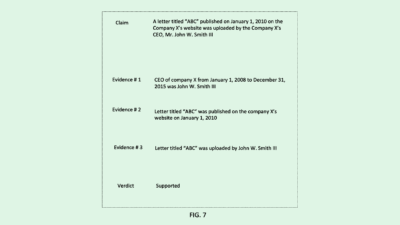Ford Wants to Track Your Test Drive
The automakers recent patent for in-vehicle data tracking and analysis adds to the future of connected vehicles.
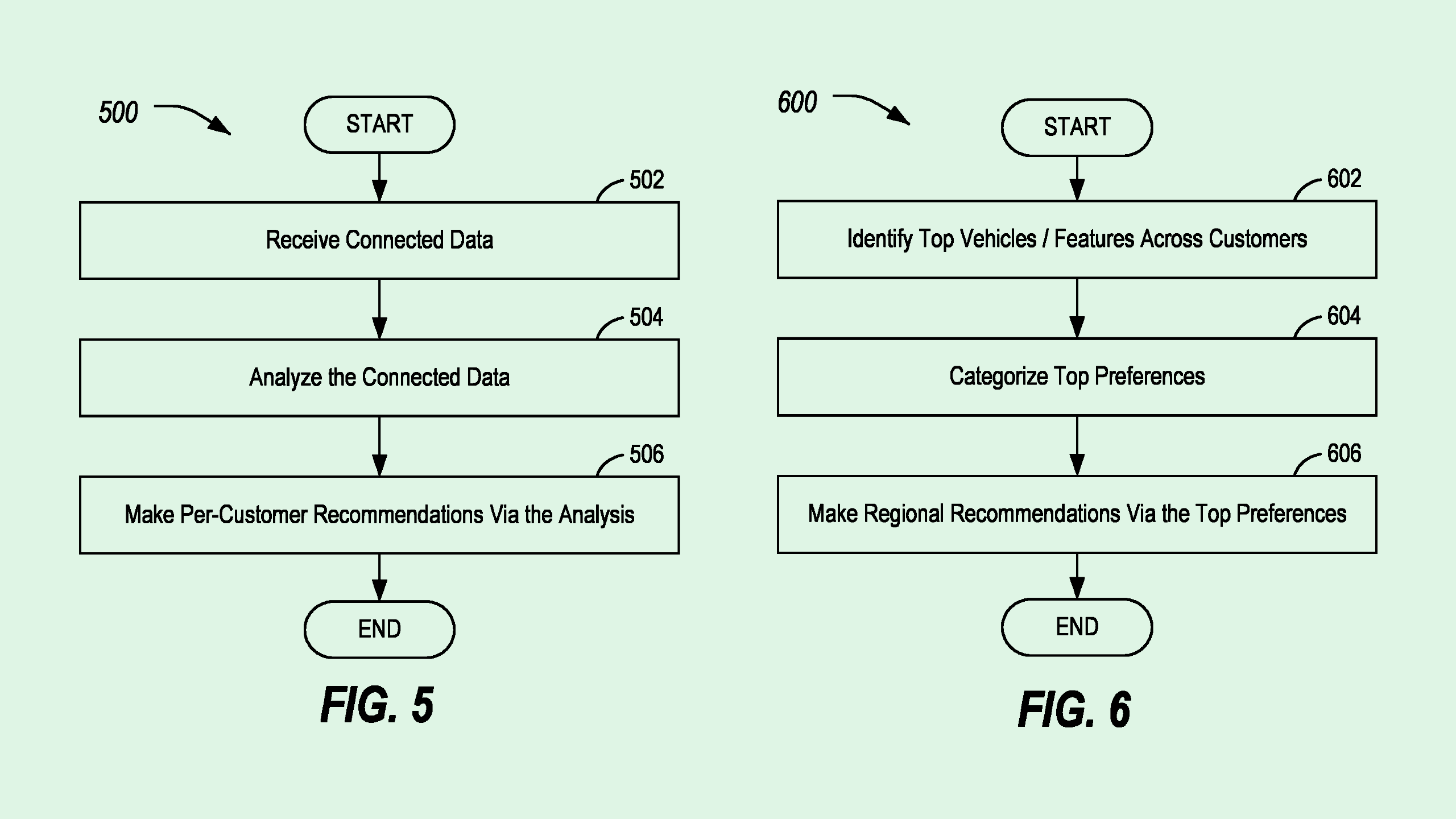
Sign up to uncover the latest in emerging technology.
Ford may want to get to know its drivers better through their vehicle data.
The automaker is seeking to patent a “connected vehicle data usage framework.” Ford’s tech essentially brings the concept of browser cookies into its vehicles: The system captures and tracks in-vehicle data usage by “potential vehicle customers” to create a “per-customer recommendation” for the dealership to use.
“A typical customer may spend several hours at a dealership to close a sale,” Ford said in its patent. “This delay may be caused by the customer and the dealership working to identify which model of vehicle and/or which vehicle features are desired by the customer.”
Ford’s system collects “connected data” about a driver’s on-road habits during a test drive. This includes which routes you take, if you drive local versus highways, in-car entertainment choices, vehicle color choices, and how you drive. For example, if you tend to brake harshly, this system will pick up on that and recommend a package that includes premium brakes. If you spend a lot of time with the in-car computer, it may note that you’re “tech-savvy,” and recommend a premium technology package.
These analytics allow the dealership to provide individualized incentives or “recommendations for enticing the customer to purchase” a vehicle, Ford said. This data may also be used to recommend certain premium features, such as parking assist or lane-keeping assistance, or tailor discounts to specific customers.
Additionally, a test driver’s data may aggregate multiple customer data to determine a “general broader customer choice.”
Ford has filed a number of patents aimed at getting closer to its drivers to enhance the experience. The company previously sought to patent a biometric car key that unlocks doors automatically, an in-car workspace that tracks the orientation of users’ heads, ears and mouths, and a system for providing targeted ads within a vehicle.
The company’s patents signal its interest in competing in the growing connected car space. And while the market is currently small, it already has some stiff competition: Tesla’s cars come with in-vehicle cameras that can keep track of drivers and passengers.
The automaker has also previously sought to patent an in-vehicle “personalization system” that relies on several different sensors to give riders a “humanized in-vehicle experience.” Though Ford’s system seems to be used specifically to inform dealerships of driver’s wants and needs pre-purchase, the ethos of these two patents are the same: Tracking users as a means to offer a more intuitive and informed experience.
That said, Tesla has run into backlash related to mishandling data collected by its in-cabin sensors. Reuters reported last April that Tesla employees shared sensitive images taken by drivers’ vehicles, and was hit with a class action lawsuit relating to the allegations.
While this patent seems to limit Ford’s data collection to test-drives only, the company may have to tread carefully with its connected car ambitions if it’s collecting and handling sensitive user data.



